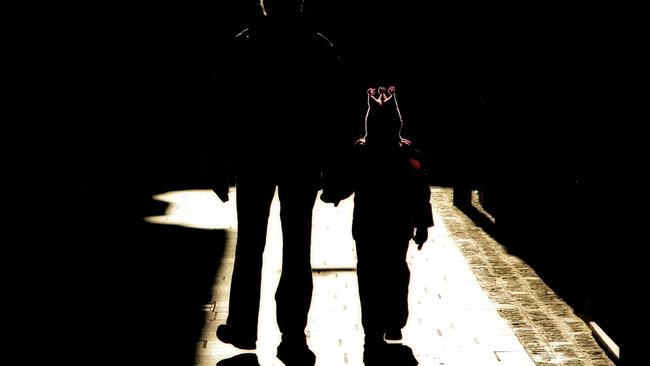Repatriated kids live quietly in community
The families of two dead IS fighters repatriated from Syria by the Australian government have been living in the community for several years.

The families of two dead Islamic State fighters repatriated from Syria by the Australian government have been living quietly in the community for several years.
The repatriations will provide a template for the government and agencies to draw on as they consider bringing back the remaining Australian women and children who have been detained in secure prison camps since March 2019.
One family group now lives together, where the youngest members of the family are attending school and playing sport.
They are being raised by older family members, and supported by their extended family.
The second family comprises three children, born to parents with Australian and Eastern European heritage.
When both parents were killed in Syria, Australian agencies made inquiries with immediate family members in Eastern Europe to see whether the orphans could be raised there.
The decision was made that they should be raised in Australia, and the three children, two boys and a girl, were brought to Australia, where they were made wards of the state by the Victorian government.
Some of the children are reaching their young teen years after being raised together in a foster family.
Kamalle Dabboussy, a Sydney advocate for the women and children stuck in Syria, said local repatriations, as well as repatriations overseas, could provide a helpful template for getting the remaining families home from Syria.
“We are aware of two families … living successfully in the community,’’ he said.
“There are also cases overseas where repatriated women are living successfully in their home communities.’’
Mr Dabboussy, whose daughter Mariam and three grandchildren remain in al-Roj camp, said almost every one of the some 60 women and children stuck in Syria had supportive extended families in Australia.
“They have offered to support the women for an extended period; they will provide long-term support,’’ he said.
As well, family members had met agencies, mainly in NSW, such as government departments and the police to discuss support requirements for the children.
State and federal laws prohibit The Australian from revealing details of the two families.
Both families had been subjected to unimaginable horror and trauma in Syria, as well as losing both their parents.
The second family lost a sibling.
DFAT officials had been in Syria to organise the children’s departure, despite the then-Coalition government’s continued claims it would not risk Australian lives to extricate family members there.




To join the conversation, please log in. Don't have an account? Register
Join the conversation, you are commenting as Logout